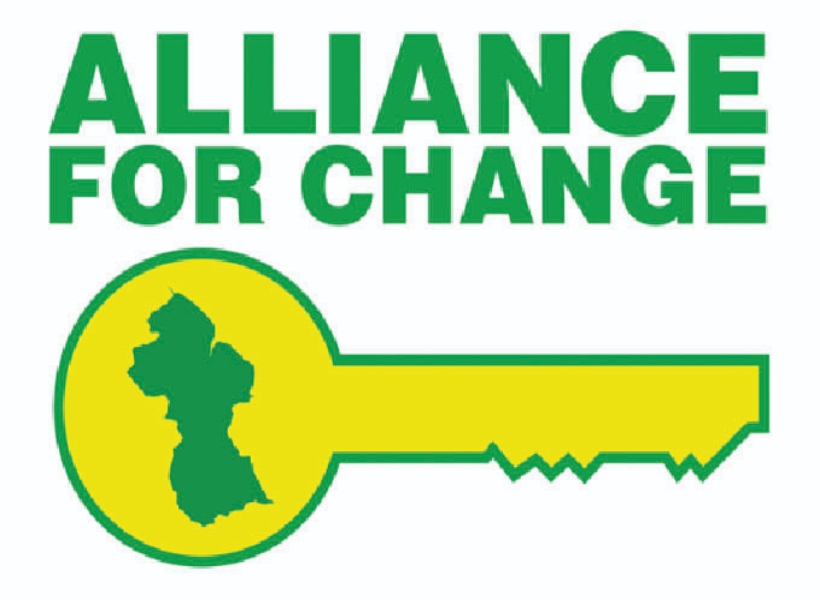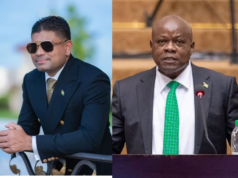In the run-up to the March 2 General and Regional Elections, both the APNU+AFC Coalition Party and the People’s Progressive Party (PPP) presented convincing cases on why one should be chosen over the other to manage Guyana, the world’s latest offshore oil producer. But if campaign pronouncements are to be believed, Chatham House Associate Fellow, Dr. Valerie Marcel asserts that a PPP government would more forcefully manage the oil sector.
Dr. Marcel made these and other comments in her contribution to the Latin American Advisor’s daily publication. The member of Columbia University’s Executive Session on the Politics of Extractives said, “…The winning party on March 2 will reign over the spending (and saving) of the country’s oil revenues. There is a unique political opportunity for state-building should the new government distribute opportunities across indigenous, Afro- and Indo-Guyanese bases. But there is also a risk that it develops clientelistic networks based on ethnic and party affiliation.”
Dr. Marcel said that the APNU coalition led by President David Granger campaigned on a continuation of the ‘Green State Development Strategy’ that aims to give Guyanese a ‘good life’ while preserving Guyana’s pristine environment. Surprisingly, Dr. Marcel said there is no significant departure from these policies in the PPP manifesto, which bodes well for policy continuity. She noted that the PPP also supports the Extractive Industries Transparency Initiative (EITI) and the need for a new sovereign wealth fund.
Further to this, the Chatham House Senior Fellow who has worked alongside the APNU+AFC Administration said that both rival parties have spoken about the need to bring associated gas to shore for power generation while developing renewables. But the economy and specifically, the issue of how to support the non-oil economy, is an area of greater divergence between the candidates, Dr. Marcel said while noting that the PPP supports rescuing the dying sugar and bauxite industries, for instance.
“(But) if campaign pronouncements are to be believed, a PPP government would more forcefully manage the oil sector. It spoke notably of strengthening the Environmental Protection Agency to ensure effective environmental regulation. It also indicated that contracts signed during the Granger administration would be reviewed, as would those that the previous PPP administration signed with inexperienced companies,” the Chatham House Senior Fellow stated.
But she was keen to point out that ExxonMobil remains shielded, as neither of the rival parties campaigned on the promise to extract more from the Stabroek Block Production Sharing Agreement despite multiple reports that the deal is generous to the American oil giant by industry standards.









